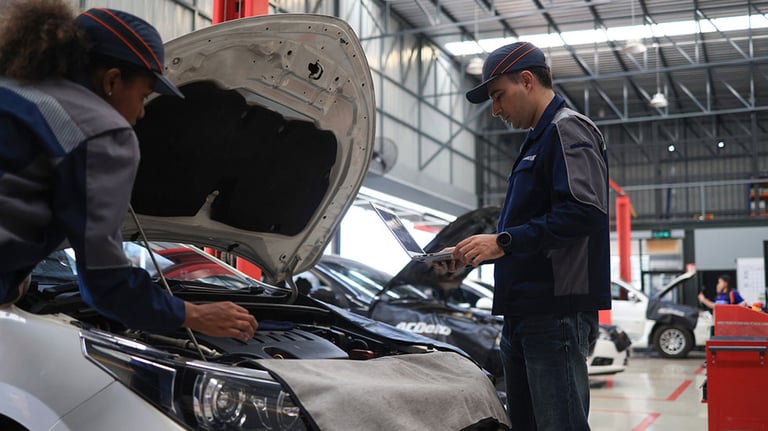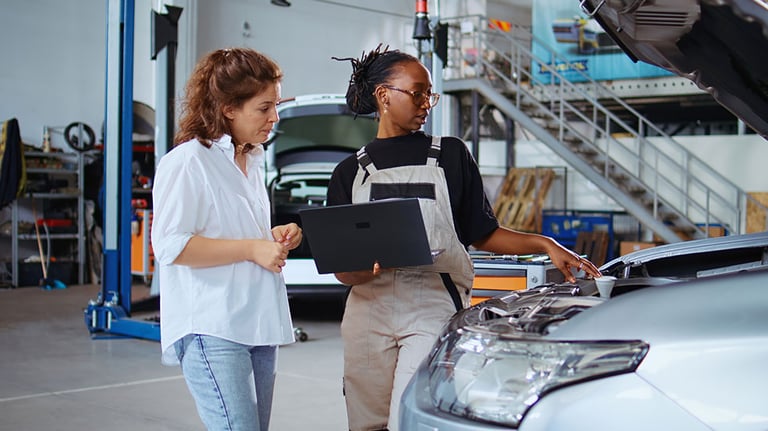Car Repair Advice: When a Second Opinion Can Save You Money
If a costly car repair has you second-guessing, here’s how to know when a second opinion is worth it


If your car is no longer under warranty, you may eventually face an auto repair bill high enough to make you wonder: Should I get a second opinion?
Having worked with and advised thousands of vehicle owners over the past 38 years, I’ve experienced countless occasions when recommending that a customer with a car needing repairs get a second opinion has paid dividends. In many cases, getting a second opinion has saved that person significant sums of money. At other times, getting a second opinion that turns out to concur with the first vehicle estimate has assuaged the concerns of that person who may have thought that they were being taken advantage of.
Here are some questions to consider before investing the time and effort in getting a second opinion on a car repair.

Is the service considered normal maintenance?
If the answer is yes, you have the advantage of planning well in advance. Get multiple estimates, and choose the shop that offers the best value—which isn’t always the lowest price. If there’s a significant difference in price among the estimates, ask why. Understanding the variations will help you make a more informed decision.
Is the repair unexpected and expensive?
If the answer is yes, a second opinion is a good idea—especially if the issue initially seemed minor.
Was the estimate provided after a quick glance or a thorough inspection?
If the answer is a quick glance, it may be wise to pay for a more detailed diagnosis—potentially from another auto repair shop. Some vehicles experience “pattern failures” that experienced technicians can identify quickly, but for other problems, a mechanic might guess—and that guess may be high.

Can honest and skilled mechanics misdiagnose a problem?
Of course! Even the most seasoned mechanics aren’t immune from mistakes. If the recommended repair is expensive, a second opinion is a smart move.
If you visit a shop for what you assume is a simple job and the mechanic uncovers a major problem, consider double-checking the diagnosis at another shop—especially if you’re unfamiliar with the first one.
Also be wary of an estimate that seems way too low. While it could be your lucky day, it could also be a sign of a missed problem.

How to seek a second opinion—tactfully
Here are two approaches I recommend:
- Be upfront. Simply say what you are going to do: seek out a second opinion. There is no shame in being thorough when it comes to your car.
- Take a more discreet approach. If you prefer to avoid potential awkwardness or pressure, tell the shop’s service advisor that you need some time to think about it—and then leave.
In all cases, do not drive your car for a second opinion if it would be unsafe due to a mechanical defect. These would include (but are not limited to) any problem with the steering, brakes, chassis vibrations at speed, fuel leaks that you can see, and the strong odor of fuel or something burning.
Bottom line: One of the best pieces of car repair advice is to trust your instincts. If something doesn’t feel right about a vehicle estimate or diagnosis, getting a second opinion can provide peace of mind and potentially save you hundreds—or even thousands—of dollars.
